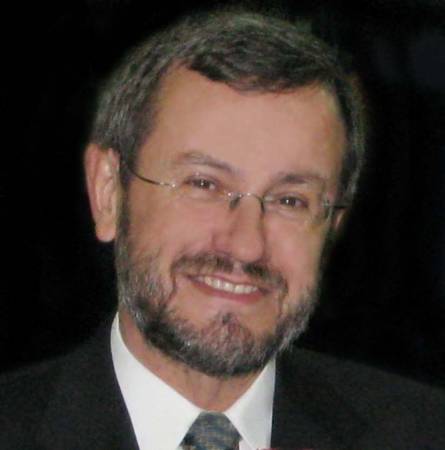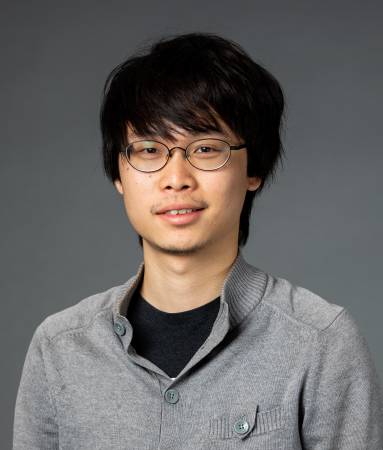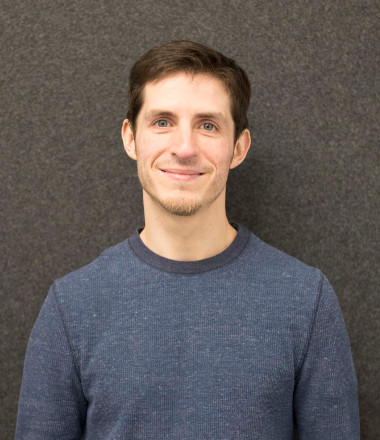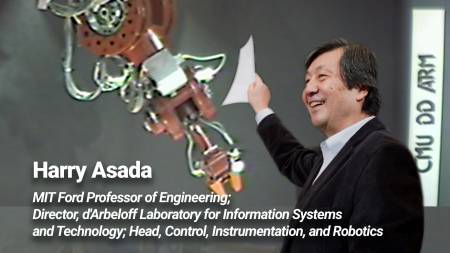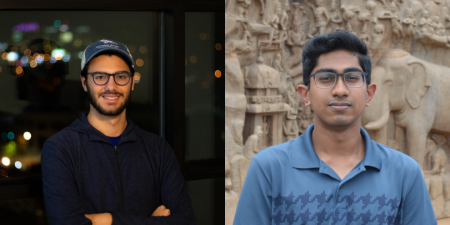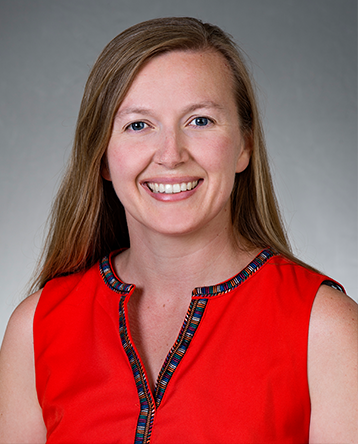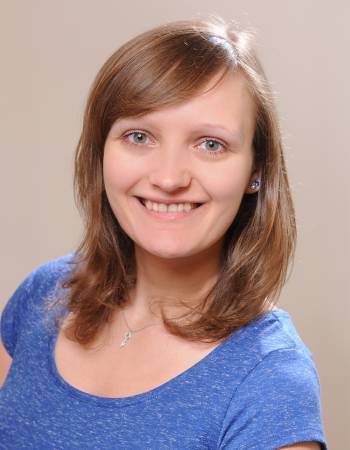Seminar
Multiple Drone Vision and Cinematography
Abstract: The aim of drone cinematography is to develop innovative intelligent single- and multiple-drone platforms for media production to cover outdoor events (e.g., sports) that are typically distributed over large expanses, ranging, for example, from a stadium to an entire city. The drone or drone team, to be managed by the production director and his/her [...]
Modeling, Design, and Analysis for Intelligent Vehicles: Intersection Management, Security-Aware Design, and Automotive Design Automation
Abstract: Advanced Driver Assistance Systems (ADAS), autonomous functions, and connected applications bring a revolution to automotive systems and software. In this talk, several research topics in the domain of automotive systems and software will be introduced: (1) graph-based modeling, scheduling, and verification for intersection management, (2) security-aware design and analysis considering timing, game theory, and [...]
VR facial animation via multiview image translation
Abstract: A key promise of Virtual Reality (VR) is the possibility of remote social interaction that is more immersive than any prior telecommunication media. However, existing social VR experiences are mediated by inauthentic digital representations of the user (i.e., stylized avatars). These stylized representations have limited the adoption of social VR applications in precisely those [...]
Neural Volumes: Learning Dynamic Renderable Volumes from Images
Abstract: Modeling and rendering of dynamic scenes is challenging, as natural scenes often contain complex phenomena such as thin structures, evolving topology, translucency, scattering, occlusion, and biological motion. Mesh-based reconstruction and tracking often fail in these cases, and other approaches (e.g., light field video) typically rely on constrained viewing conditions, which limit interactivity. We [...]
RI40 Seminar: From Direct-Drive to SuperLimb Bionics
In 1980-81 the first Direct-Drive robot was developed at the CMU Robotics Institute. After almost 40 years, Direct-Drive has a renewed interest in the leg robotics community. Robotic legs powered by direct-drive or low gear-reduction motors can better interact with the ground and absorb impacts. In this seminar I will talk about robot design in [...]
Tartan AUV: A Dive into Carnegie Mellon’s RoboSub Team
Abstract: Founded last year, Tartan AUV is Carnegie Mellon’s undergraduate underwater robotics team which competes annually in the RoboSub competition. RoboSub teams must design, build, and test autonomous underwater vehicles that compete each August to complete tasks related to underwater navigation, object detection and manipulation, and acoustic beacon localization. In this talk we will provide [...]
DNA and gammaPNA in programmable nanomaterials for sensing, robotics and manufacturing
Abstract: When programmable nanomaterials are used in conjunction with rapid microfabrication techniques like two photon polymerization, it becomes possible to rapidly prototype microstructures with nanoscale components. In this research presentation I introduce DNA nanotechnology using a commonly used simple nanotube motif, and I will illustrate how nucleic acid nanotubes can be used in sensing, robotics [...]
Towards Lightweight Real-time Hand Reconstruction in Challenging
Abstract: Humans naturally use their hands to interact and communicate with their surroundings. Reconstructing these complex and dexterous hand interactions enables sign-language recognition and translation, better assistive robots, and more immersive human-computer interaction (e.g. for AR and VR). To make hand reconstruction usable for the aforementioned applications and to a wide set of users, the [...]
